A local traditional Chinese medicine company is preparing to enter Brazil, after passing through the Mozambican market. “We are aware of Macau’s position between China and Portuguese-speaking countries”, says the Director of Technical Development, emphasizing the importance that the Cooperation Zone in Hengqin had in obtaining these new markets.
Established in 2008, Macao-Union Pharmaceuticals Factory Ltd has more than 600 products on sale in Macao. Now, it is preparing to enter the Brazilian market, with the process of registering products for external use in progress.
Its director of Technical Development, Lao Tai Hang, tells PLATAFORMA that, between 2008 and 2013, the factory only helped local OEMs to contact pharmacies, clinics and hospitals in Macau. Being a small town, but with a large number of pharmacies, Lao explains that each one wants to have its own brand, to differentiate itself from the others. And this led the factory to decide to develop a series of brands and products.
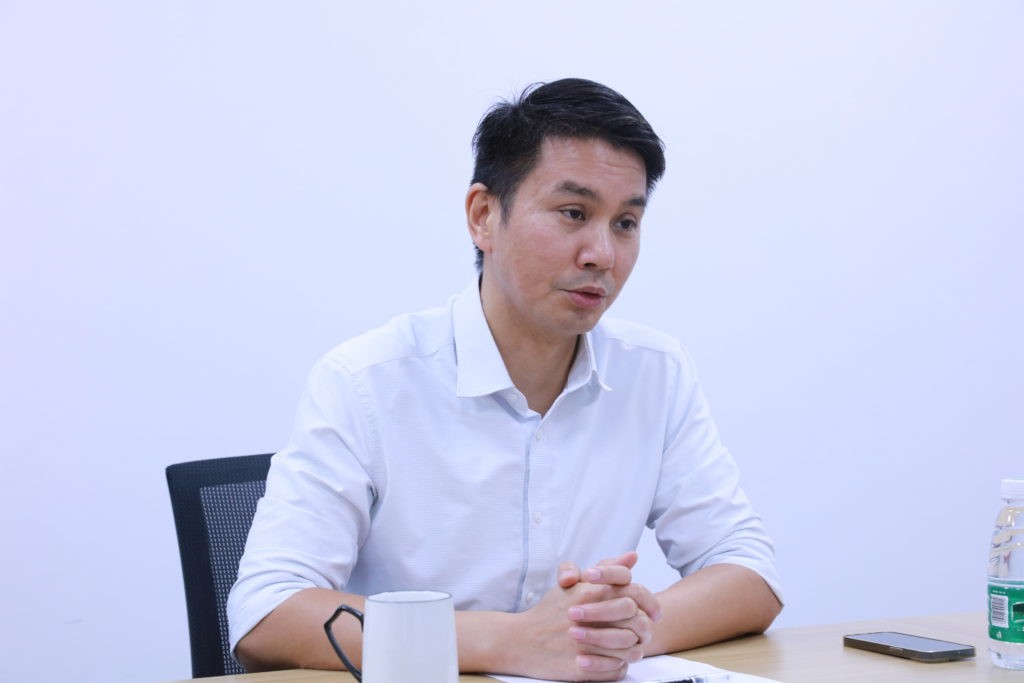
Then, in 2013, the Original Macau was created, with registration in Macau and mainland China. The Barcelos rooster stands out as a symbol, a brand that has gradually secured its space in the local market. Lao Tai Hang says that the company made this choice because it wanted to emphasize the characteristic features of Macau.
A choice that he says was the right one, as the creation of Macau Original coincided with the flourishing of the local tourist industry and this helped the brand stand out from the rest of the TCM products sought after by Chinese tourists.
TOWARDS BRAZIL, PASSING IN MOZAMBIQUE
Already a long-time pharmaceutical company in Macau, Lao mentions that the company’s internationalization was motivated by the Macau International Fair, held in October this year, with Brazil as a target“.
We made this choice because we are aware of Macau’s position between China and Portuguese-speaking countries, whether through its commercial platform or its diversification plan based on four strategic industries,” she explains.
An expansion that also included its registration in Mozambique, motivated by the legal similarities between Brazil and the African country in terms of licensing medicinal products.
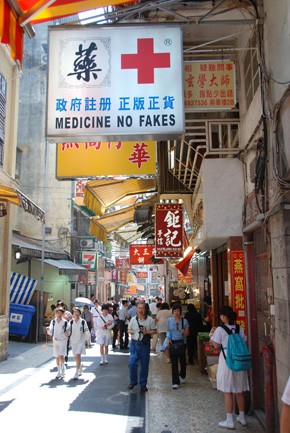
Lao explains that the TCM culture makes the evaluation process difficult according to Western pharmaceutical medicine standards. According to the representative, it is extremely difficult to enter the pharmaceutical markets of the European Union, such as Portugal, as they are two completely different systems.
However, at the moment, in Mozambique, topical herbal products are registered. In the African country, by the way, Lao says that similar medicinal practices already exist, making it easier to introduce them.
After the experience of its promotion and registration in Mozambique, the company “offered pharmaceutical registration agencies in Brazil the freedom to choose the most suitable products for their market”, a different strategy from that used in the MSAR.
“In Macau it was the complete opposite,” she says.
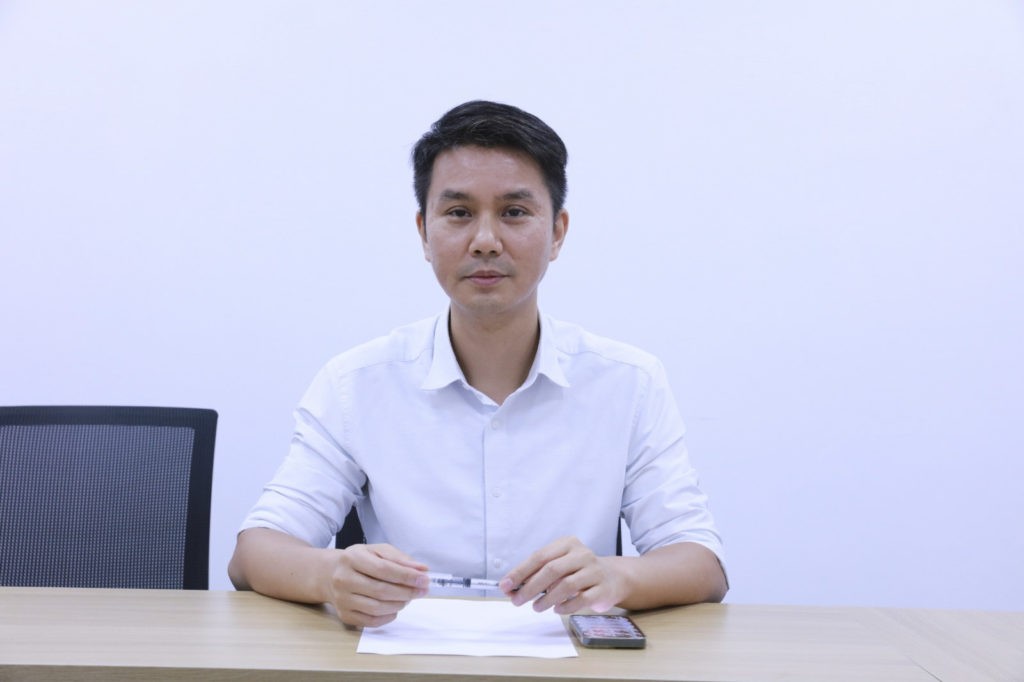
“We selected products that we believed were most marketable for registration. Now we have tried to follow the advice of local agencies and let them select the products with the greatest potential for their market”.
FROM HENGQIN TO THE WORLD
The company registered its products in the Mozambican market in 2018, thanks to the help of the Scientific and Industrial Park of Traditional Chinese Medicine for the Guangdong-Macao Cooperation in Hengqin. However, the pandemic meant that the agreements signed in 2019 with several export agents were not fulfilled.
For Lao, institutions such as the Science Park are essential, as there is an “urgency to create success stories”. Despite saying that it is still too early to call these platforms as “mature”, he admits that the industry has more and more opportunities.
From an internationalization perspective, the company entered the market of the Association of Southeast Asian Nations this year. Lao, responsible for the branch of the Macau-União Pharmaceutical Products Factory Ltd in the Science Park, says that interest in the Greater Bay began in 2014.
“At the time, it had already been confirmed that Hengqin would be an important center for Macau’s TCM industry. The Science Park was planned in 2015, with the relevant infrastructure measures to be defined in 2017, including the location in Hengqin.”
According to the director, the Hengqin area was chosen due to the advantages that Macau has in pharmaceutical production and subsequent entry into the Mainland market. A massage cream produced by the factory is currently one of the external medicines to be registered in mainland China.
“Expansion into the international market and Mainland China was driven by the creation of the Science Park, with Macau focusing on research, development and production, maintaining the ‘Made in Macau’ title.”
With the help of the Park, the factory improved its production techniques.
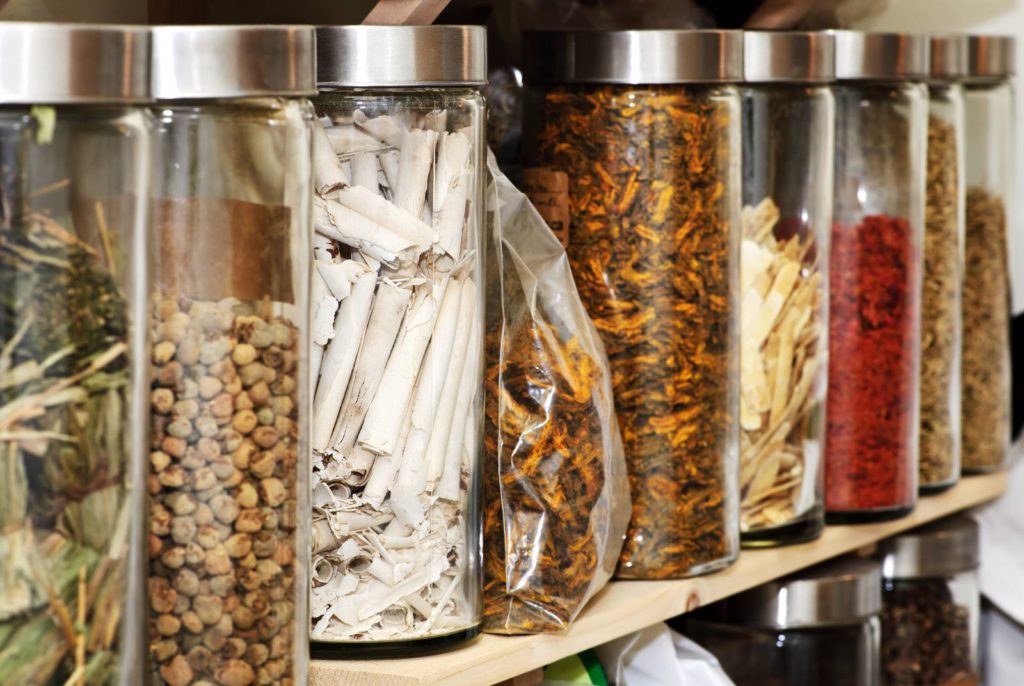
Although Guangdong province only authorizes the entry of TCM for external use into the Mainland, Lao Tang Hai hopes that, if the product has been on sale in Macau for more than 5 years, this mechanism can be extended to also include ingestion products.
Until May of this year, 220 companies had registered in the Science Park. Among these, 54 took advantage of the space in the area of TCM, nutritional supplements, medical equipment and biomedicine – which demonstrates the aggregating effect of the Science Park. On the other hand, it has helped a number of local companies to register new products in Mozambique.
REGISTERED IN MACAU, PRODUCED IN HENGQIN
Days before this interview, the Deep Cooperation Zone between Guangdong and Macau published the “Measures to Support the High Quality Development of the Health and Biomedicine Industry in the Deep Cooperation Zone between Guangdong and Macau in Hengqin”, emphasizing the assistance provided to various projects, including from Macau, created under the brand “registered in Macau, produced in Hengqin”.
These measures have generated great interest in the industry. Lao explains that, taking “everything into consideration, these are some of the most favorable measures for the health sector across the country”.
According to the document, TCM products, foods and nutritional supplements approved and registered in Macau and produced in the Deep Cooperation Zone are authorized to use the labels “Made in Macau”, “Made in Macau” and “Designed in Macau”, with a maximum subsidy of RMB 20 million per product. Companies in this Zone are also encouraged to apply for certain production licenses and to create products registered in Macau.
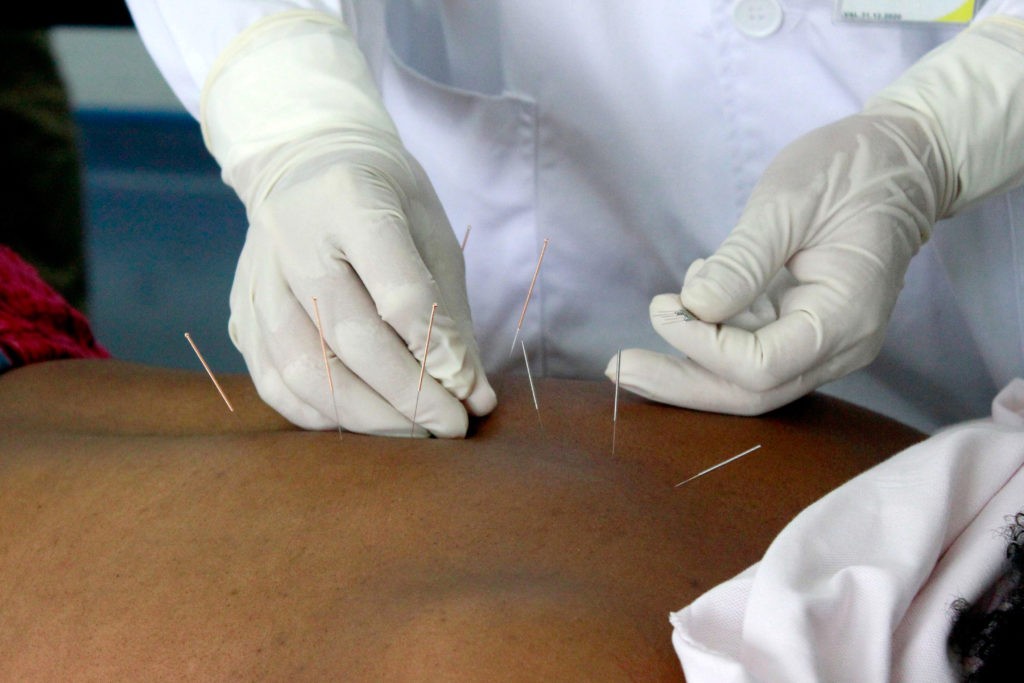
The maximum subsidy for each is 600 million RMB. The aim is to bring world-class research projects, with a grant of up to RMB 30 million, to be used towards your registered capital, property acquisition and research costs.
Lao describes this policy as a measure capable of helping all types of businesses, small or large.
“Macao-União Pharmaceutical Products Factory Ltd is an SME (small and medium enterprise), without a complete pharmaceutical system, unlike industry giants like Guangzhou Pharmaceutical Holdings Limited, which has a large capacity of production, research, development and registration. SMEs like us do not have the same advantages and these measures give us greater flexibility”.
According to the new measures, the brand “registered in Macau, produced in Hengqin” is different from the current “Made in Macau” label used by the factory.
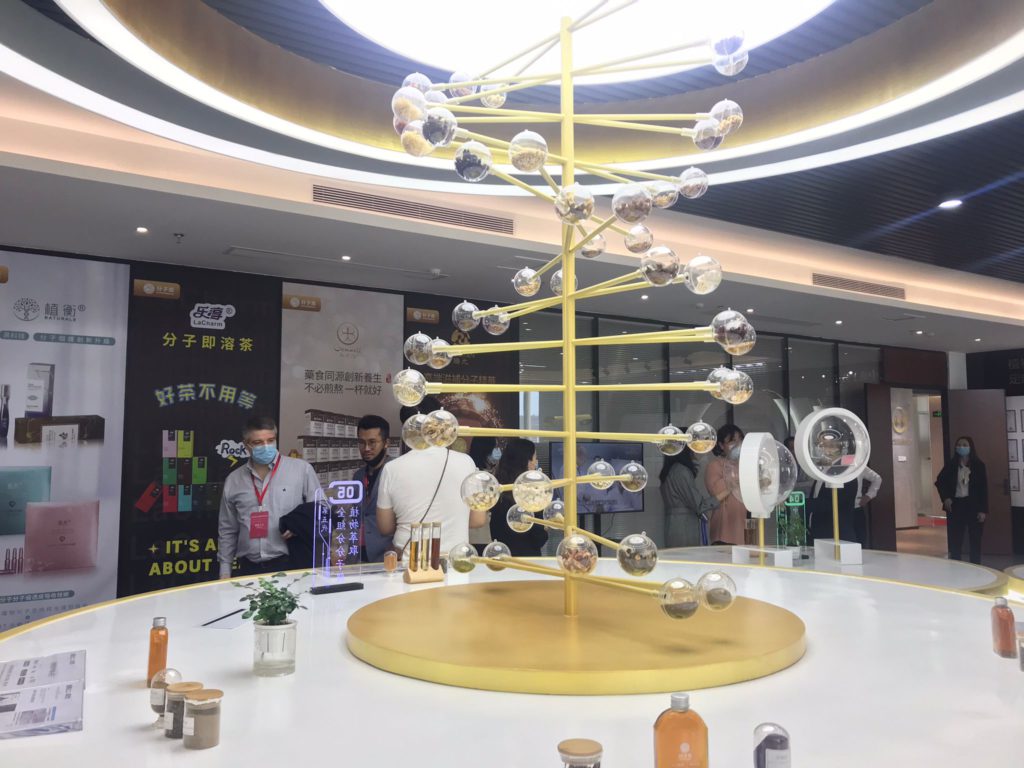
On this, Lao says that the factory is exploring the possibility of implementing the new model. To this end, it raises the possibility of transferring some of the production process to Hengqin.
He adds that many of the current support measures only create a framework, the implementation details of which will take time to define. However, he warns that this process must be accelerated, as “large delays will affect the confidence of the businesses involved, and they may look for other options”.



